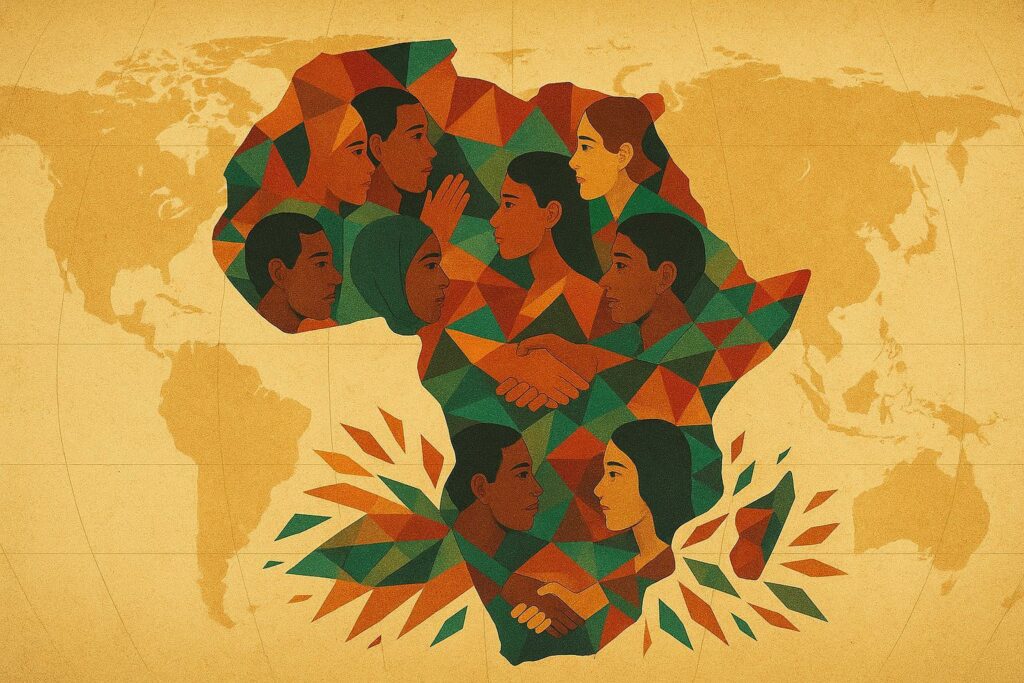Complex Geography and Rich Demography: The African Paradox
Africa presents a paradoxical image on the global stage, possessing a wealth of cultural and demographic diversity yet often perceived as peripheral. The continent’s intricate geography and the richness of its civilizations are overshadowed by an overarching narrative that questions Africa’s coherence and contribution to global affairs. The continent echoes global events, both in its chaotic participation and its consequential silence.
Globalization and Africa’s ‘Anti-Place’
Globalization, as distinct from mere geographical interactions, places Africa in an ‘anti-place’, a space where its potential is frequently negated. While ‘mundus’ describes interaction, ‘globus’ enforces a coercive participation where Africa’s role is undermined. Consequently, Africa faces the challenge of asserting its legitimacy as a vital participant in global dynamics, striving to break free from hegemonic narratives.
The Dichotomy of Perception: Africa as Spectator or Actor
There is a persistent tension in global expectations of Africa: either to participate passively or to remain in submission. Such expectations reinforce isolation, despite the continent’s essential role in global decisions. The prevalent narratives often undermine Africa’s authority, promoting a skewed perception that neglects its voice in governance and security issues.
Beyond Colonial Narratives: Seeking a New Paradigm
The continent’s narrative cannot be solely guided by past imperialism or a simplistic assertion of dominance akin to a Marxist overthrow. Africa’s pathway should be framed within the broader context of human dignity and mutual recognition, beyond the retaliatory frameworks suggested by antiquated laws of retribution. This requires a reimagining of Africa’s intrinsic value beyond primitive schemas.
Ubuntu: A Philosophy for Global Relevance
Ubuntu embodies a relational framework that transcends mere diplomatic rhetoric, posing a fundamental relationship predicated on mutual respect—’I am because you are.’ This worldview parallels Martin Buber’s dialogical philosophy, emphasizing a ‘je-tu’ relationship that extends beyond imposed identities. Ubuntu advocates for Africa’s self-empowerment in world politics, emphasizing reciprocal recognition over subjugation.
Towards a Cohesive African Future
As Africa navigates the noise of global politics, it must remember its place in the shared human journey. Embedding Ubuntu’s principles reposition Africa not as a marginal participant but as a vital entity advocating for harmony in global exchanges. This shift from isolated existence to engaged participation may redefine Africa’s global narrative and affirm its indispensable role in shaping a more equitable world.

